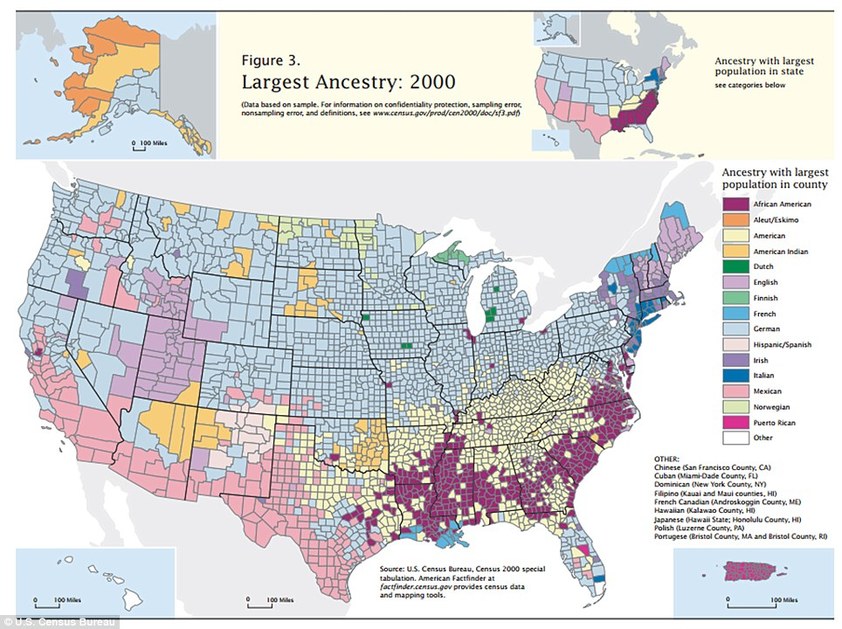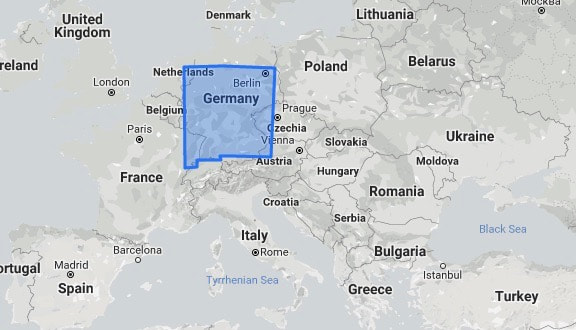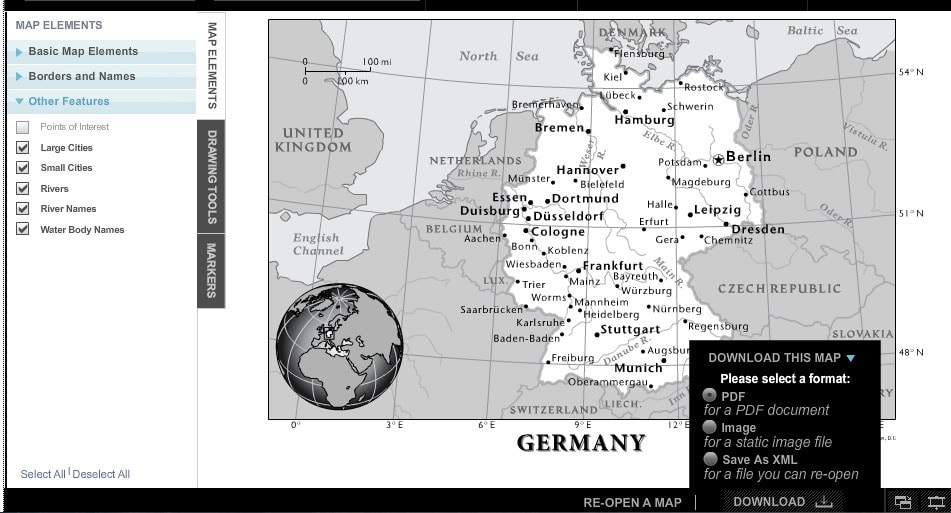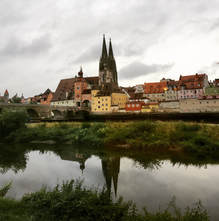Teach Global - Germany
Education in Germany - Good Practices and New Perspectives
Reflections and teaching applications
Reflections
|
The two weeks in Regensburg were truly wonderful. Teachers are inherently life-long learners, so having the chance to learn and broaden my perspectives is always personally and professionally satisfying. Here are a few take-aways from my experiences:
|
|
- Current events - This seminar was an excellent example of how globalized the world is. I appreciated the context - from the German perspective - of issues related to the economy, politics, and social movements. Our country's inter-relatedness is undeniable. One of the most compelling topics, for me, is immigration. Since I live in a state that borders Mexico, the recent policies of the US Administration have had direct impact on people in my state and even students in my own classroom. Leaving the US in the third week of June, families seeking asylum through our southern border were separated and detained. It was interesting to learn about how Germany is dealing with the mass influx of immigrants and to hear about the political backlash that has ensued across Europe and in Germany. My awareness of Germany and Europe has been piqued, obviously, and so it was with a new perspective that I followed the news of President Trump's visit to Europe; comments about NATO, the EU, the UK, and Germany. I appreciate that I have a renewed critical lens with which to understand world events.
|
|
However, I do appreciate that we heard several times in a variety of contexts how socio-economics does play a role in the
trajectory of many students across the country. One surprising fact is that, in Bavaria, students and families make that initial
decision about their education and career path after fourth grade when kids are around 10 - 11 years old. While we do not have a
formal, systemic path to prepare students through vocational education across the US or in my state of New Mexico, I see how we
do have commonalities in our intention to meet the needs of diverse students. Essentially, in one school building, for example, we
could be working to meet the unique and diverse needs of students who would be in the mittelschule, the realschule, and the
gymnasium. In many cases, in fact, these students could be in the same classroom. There is much conversation about education
in the US, on a national level and in the context of community values and needs, and I perceive that vocational education is a
topic of great interest and relevance. In fact, one colleague in this group teaches in a school with a robust vocational program. I
appreciate having a new perspective to add to the conversation of how we teachers work to prepare students to be college and
career ready.
trajectory of many students across the country. One surprising fact is that, in Bavaria, students and families make that initial
decision about their education and career path after fourth grade when kids are around 10 - 11 years old. While we do not have a
formal, systemic path to prepare students through vocational education across the US or in my state of New Mexico, I see how we
do have commonalities in our intention to meet the needs of diverse students. Essentially, in one school building, for example, we
could be working to meet the unique and diverse needs of students who would be in the mittelschule, the realschule, and the
gymnasium. In many cases, in fact, these students could be in the same classroom. There is much conversation about education
in the US, on a national level and in the context of community values and needs, and I perceive that vocational education is a
topic of great interest and relevance. In fact, one colleague in this group teaches in a school with a robust vocational program. I
appreciate having a new perspective to add to the conversation of how we teachers work to prepare students to be college and
career ready.
- Gratitude - Finally, I am profoundly grateful for this incredible opportunity. Thank you, German-American Fulbright Commission, for the opportunity to experience German culture and an in-depth study of education in Germany. Thank you, University of Regensburg, for hosting this seminar and planning a relevant, joyful and compelling program. And, thanks to the teachers and students who spent time with us and welcomed us into their lovely schools.
Teaching Germany
|



